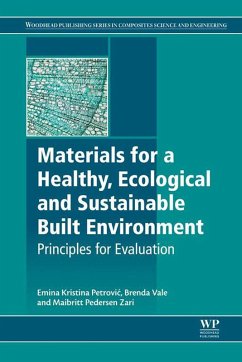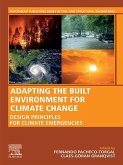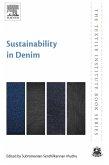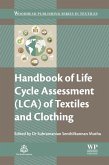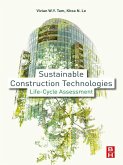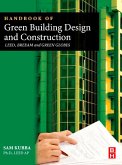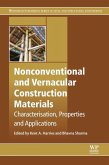The book evaluates the issues involved in choosing materials from an ecosystem services perspective, from the design stage to the impact of materials on the health of building users.
The three main sections of the book discuss building materials in relation to ecosystem services, the implications of materials choice at the design stage, and the impact of materials on building users and their health. The final section focuses on specific case studies that illustrate the richness of solutions that existed before the rise of contemporary construction and that are consistent with a sustainable approach to creating built environments. These are followed by modern examples which apply some, if not all, of the principles discussed in the first three sections of the book.
- Provides a holistic and integrated approach to the issues associated with the selection of materials for sustainable construction
- Provides a thorough understanding of ecosystem services based on ecology research for built environment design
- Provides an original review of the impact of materials on human health
- Provides case studies to illustrate the points above
Dieser Download kann aus rechtlichen Gründen nur mit Rechnungsadresse in A, B, BG, CY, CZ, D, DK, EW, E, FIN, F, GR, HR, H, IRL, I, LT, L, LR, M, NL, PL, P, R, S, SLO, SK ausgeliefert werden.

